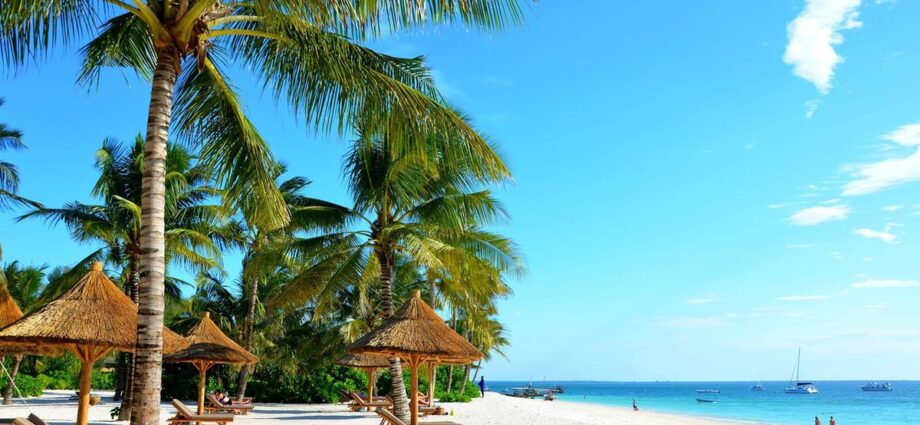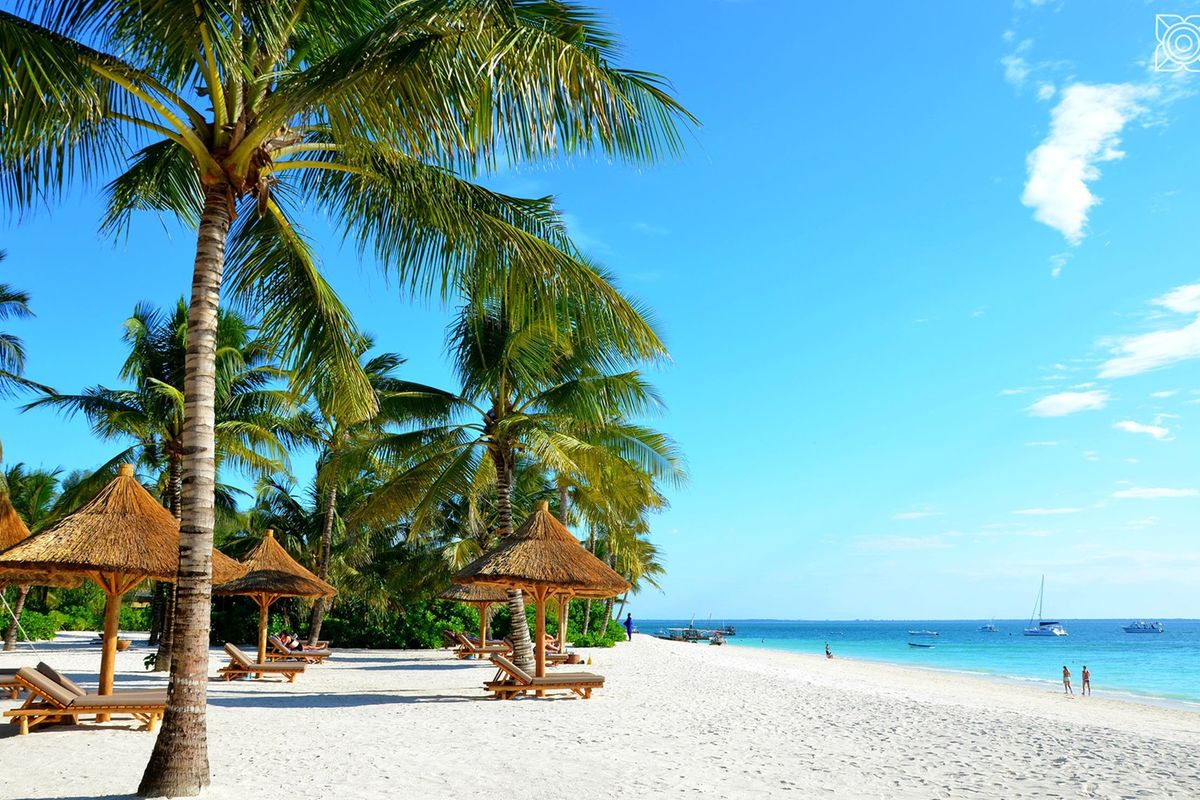Dar es Salaam. After a remarkable 2023, Zanzibar’s tourism sector is poised for even greater success, with projections to receive 800,000 international visitors in 2024.
Speaking to The Citizen in an exclusive interview, the Minister for Tourism and Heritage, Mr Mudrick Ramadhan Soraga, shared insights on the island’s preparedness, prospects, and challenges for the upcoming high season.
“Zanzibar is extremely prepared; everything is in place, and we are anticipating breaking last year’s record of 616,000 visitors,” stated Mr Soraga.
“All hotels are fully booked, and we anticipate a 20 percent increase in visitors this year. Additionally, five chartered flights, including the inaugural Jambojet flight from Mombasa to Zanzibar starting July 1, will boost arrivals.”
He highlighted a new weekly chartered flight from Spain via Portugal, carrying 250 passengers, as indicative of the rising demand. Plans are underway to expand with chartered flights from Mozambique and Rwanda, fostering regional connectivity.
Regarding the local arrivals via ferry from the Port of Dar es Salaam, Mr Soraga noted that the current statistics focus on international arrivals, with preliminary figures indicating 1.2 million local arrivals last year, bringing total arrivals to 1.8 million.
“Right now, the tourism statistics that we have capture international arrivals, but we are also going to look into the domestic market as well. We have preliminary records from last year, where we had 1.2 million local arrivals, which means that our numbers together reached 1.8 million. But that is not the official statistics yet because of the various mechanisms that we have to put in place to make sure the numbers are accurate,” he said.
Regarding perceptions of Zanzibar being an expensive destination, Mr Soraga emphasised its versatility in accommodating tourists across all budget levels, from backpackers to luxury travellers.
“I think it is a very subjective assessment because it depends on who you talk to, but the island itself, the way it is set, can accommodate every level of tourist and their spending capacity. For example, we have the so-called backpackers who can stay in very modest accommodation, but we also have very high-end visitors who can spend in five-star facilities.”
He emphasised efforts to position Pemba Island as an exclusive, high-end destination through strategic investments in luxury resorts.
Addressing recent disruptions in the liquor supply chain and how they are critical for tourism, Mr Soraga acknowledged initial challenges but assured stability.
“We’ve stabilised the availability of alcoholic beverages and fostered collaborative relationships with new suppliers,” he reassured.
But even then, fears of counterfeit beverages that enter the island from the mainland loom, with some hotels now forced to revise their drink menus.
He said measures to curb such illicit inflows include stringent quality controls to counter potential influxes of counterfeit products from the mainland.
“I think it is a very genuine point of concern, and it is not surprising that Zanzibar is an island after all, which means there are certain unofficial points of entry that could easily be used to bring in products that have not been vetted for quality and standards,” he said.
He added: “Our job as the government is to make sure that if you are a licensed importer of beverages, you should provide quality products that have gone through the approval process. We have to make sure that we have proper standardisation procedures and people at customs, ZRA, and TRA to make sure the cargo brought in is at the standard that is required.
Mr Soraga highlighted ongoing efforts to diversify Zanzibar’s tourism offerings beyond beaches, including heritage tourism initiatives and adventure sports like kitesurfing and inter-island boat racing. He underscored plans to revive museums and forest reserves to enrich visitor experiences.
Regarding the Zanzibar Tourism Expo, the minister emphasised its dual role in promoting tourism and showcasing investment opportunities: “This expo integrates tourism with investment, inviting global investors to explore our thriving sector.”
He also emphasised the advantages of marketing the northern tourism circuit in tandem with Zanzibar.
“Linking bush and beach experiences is advantageous; tourists often extend their safaris to include Zanzibar,” he noted, highlighting the synergy between mainland Tanzania’s iconic parks and Zanzibar’s pristine beaches.
As Zanzibar anticipates another bustling tourist season, minister Soraga expressed confidence in the island’s ability to capitalise on its natural beauty and cultural heritage, underscoring ongoing efforts to sustainably develop and promote its tourism potential globally.
















